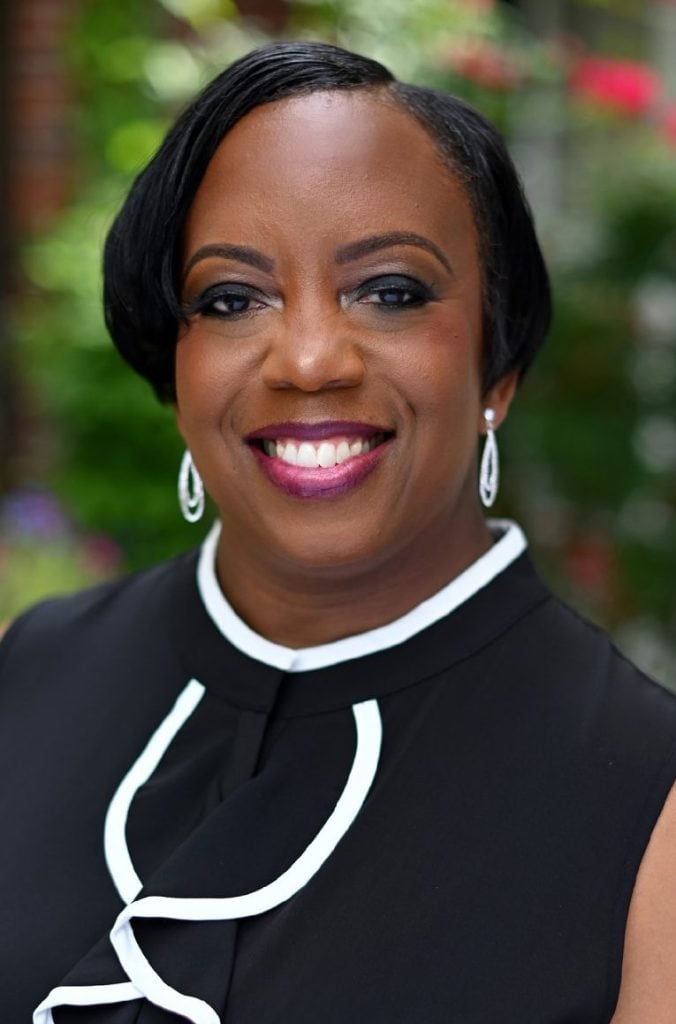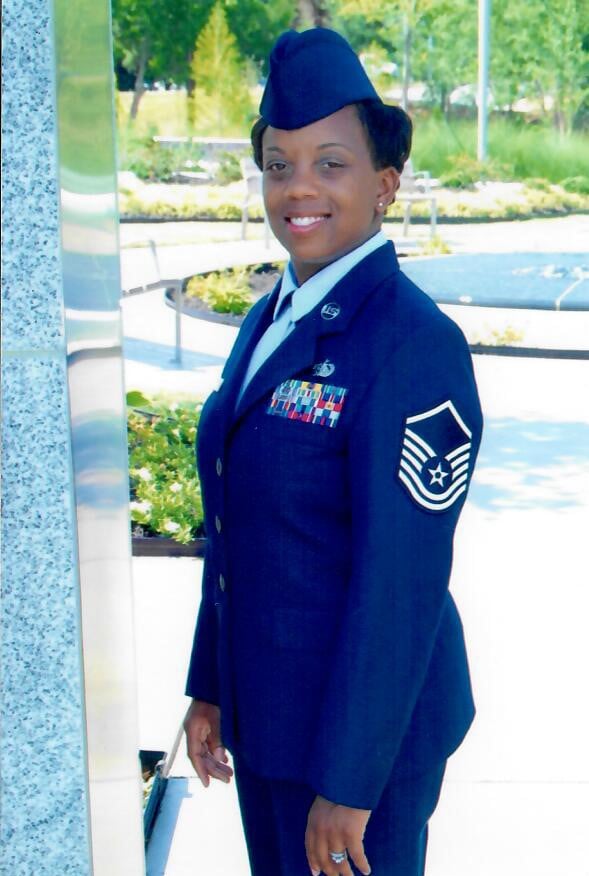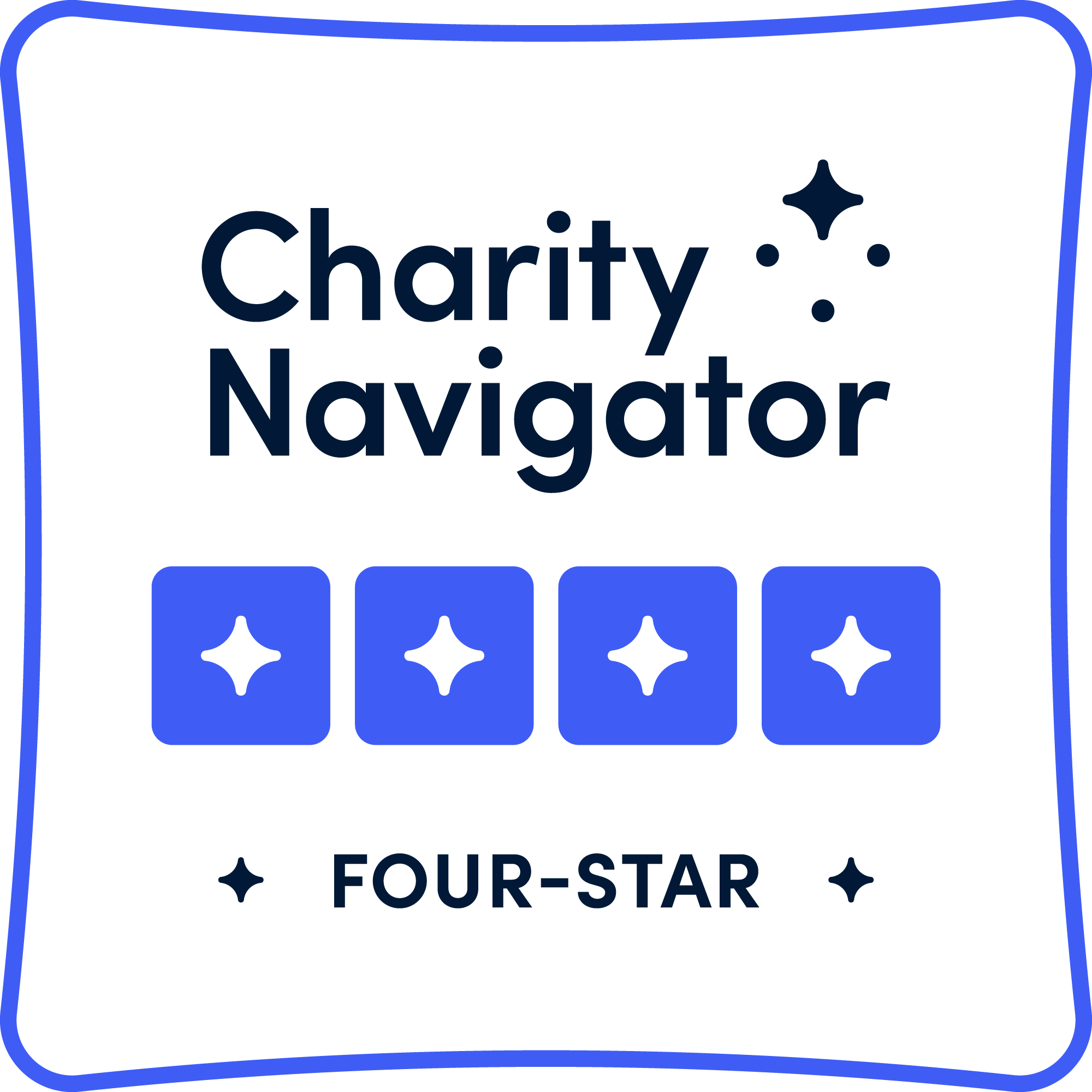“WoVeN Means Family,” says USAF Veteran Mia Miller of the Women Veterans Network

Many veterans feel adrift without the community they forged in the service. For women vets, that sense of isolation can be a unique challenge. In addition to transitioning their careers and families, many women vets must also cope with trauma sustained during their service. The Department of Veterans Affairs (VA) reports that, among veterans in their care, post-traumatic stress disorder (PTSD) is more common in women vets than men, at 19 percent compared to 10 percent, respectively. Additionally, one in three women vets seeking VA services also self-reported experiencing military sexual trauma (MST), compared to one in 50 men. The Military Times also notes that women vets can face “gender pay gaps, bias against mothers, financial instability, gender-related health concerns [and] stereotypes about female soldiers.” These incredible challenges require equally incredible community-based support, and the Women Veterans Network (WoVeN) is up to the mission.
Through an NFL-BWF Salute to Service grant, we support WoVeN’s efforts to target the unique needs of women Veterans.
WoVeN becomes a backbone in the healing and civilian process
Retired USAF Master Sgt. Mia Miller is a Charlotte, North Carolina-based Peer Leader and trainer with WoVeN. “Once you depart from [the military],” Miller shares, “there’s a part of your life that’s missing. I don’t know if [veterans] realize how much it means when you don’t have that [community] anymore.” Miller’s career spans 20 years in the Air Force and calls her fellow service members her “adoptive family.”
Miller shipped out to Basic Military Training just a few months after graduating high school in 1993. She completed temporary duty travel assignments overseas, assisted USAF Special Forces, and, prior to her retirement, she was stationed at the Joint Special Operations Command office at Fort Bragg. Miller is also a 9/11 Pentagon survivor.
While PTSD and MST are huge problems for women veterans, there are more subtle, though no less serious, forms of harm that need to be addressed. “Women vets deal with a lot of distrust,” Miller explains. “We feel overlooked, left out, and [personally] I was made to feel belittled.” Trust is crucial in the military. Subordinates must be able to trust that their leaders have their best interest in mind in service of the mission, and vice versa. Sometimes that trust is shattered, but she emphasizes that WoVeN “makes it a point to build that trust back up.”
Of course, Miller loved her time in the service. She always felt that she could reach out to her fellow service members for guidance, companionship, and working through challenges. With peer support groups, volunteer opportunities, and assistive resources, these are precisely the gaps that WoVeN set out to fill.

WoVeN creates a military community for vets who don’t have it in their local areas
After retiring in 2012, Miller moved to Charlotte, and ached for that sense of military connectedness that she felt in her local active-duty community. “At Fort Bragg, Veterans Day was like Mardi Gras!” she recalls. In contrast, she loved Charlotte’s beauty and culture, but felt the city lacked a tight-knit veteran community. “To come from [military culture] and see little to no recognition in Charlotte…I had to search to find little things here and there, but I did not feel that military appreciation. So, I said, ‘we are going to recognize veterans here!'”
Discovering WoVeN’s peer support and events was a “godsend” for Miller. “That was the family I needed. We come together to make each other feel like we are not alone. We laugh, tell stories, cry with each other.”
In 2021, the pandemic deepened the sense of disconnection that Miller and many women were already experiencing. WoVeN adjusted to this new reality by switching to video conferencing. “Because of COVID-19, a lot of the ladies I’ve met have been here on Zoom,” she said, “We didn’t know each other, but the woman on the other end of the camera was a veteran. And I’m a veteran. That was all that we needed, and it was as if we’d been friends forever.”
As in her service, Miller quickly rose through WoVeN’s ranks
Miller’s leadership skills, honed through two decades of service, made an impression on WoVeN’s peer leadership team, so they recruited her as a peer leader. Now, she mentors other veterans and volunteers with the BRIDGES program to assist new veterans through the immediate transition to the civilian world.
Veterans, by virtue of their shared life experiences in a highly regimented and disciplined system, have an unspoken language. The civilian world doesn’t understand “the people I loved and lost, the people I’ve had to mentor through sickness, the loss of a loved one, through suicide,” she said. With WoVeN, that language gives women vets an immediate commonality. “I know that in WoVeN, people care about me, and there are things that I never share with other people, but I will share with my WoVeN sisters. It makes me feel seen and accepted. It makes me feel like I matter.”









